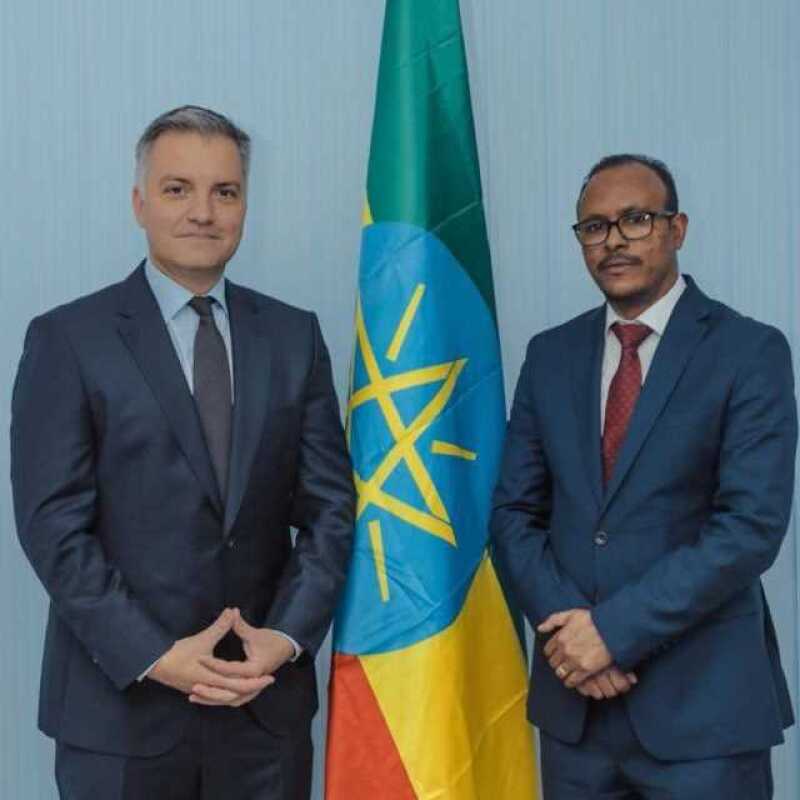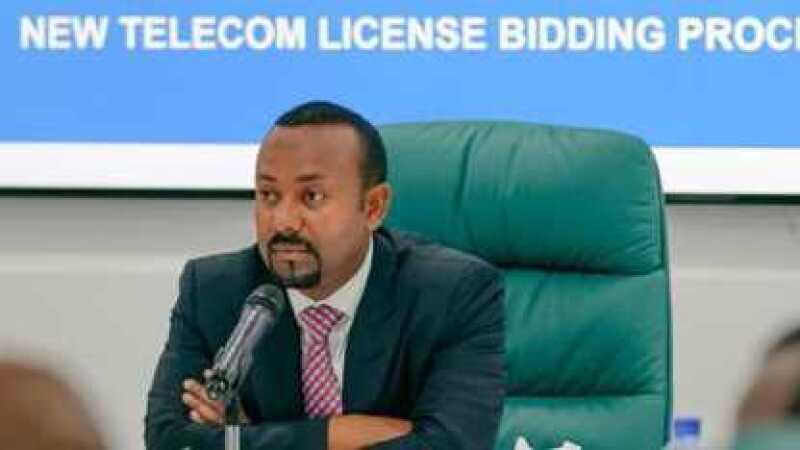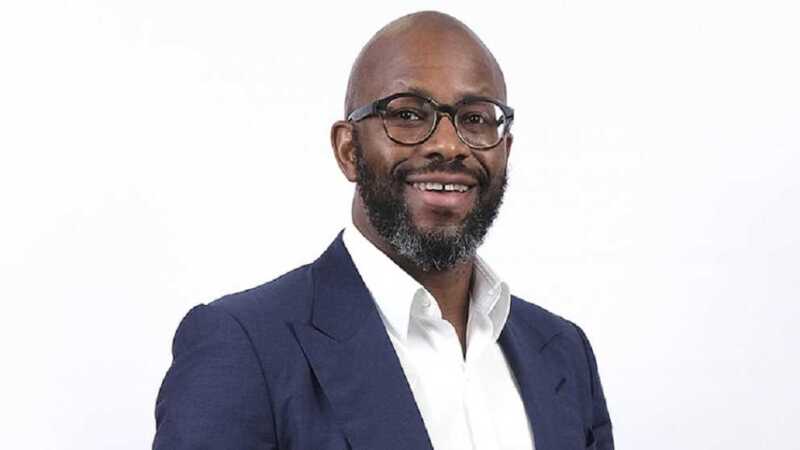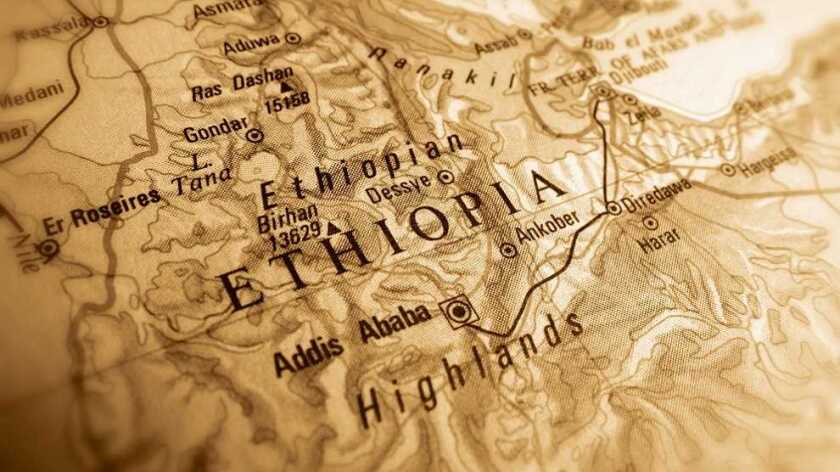
The ECA awarded the final licence “following the incorporation of the local company and business registration by the Global Partnership for Ethiopia (Consortium)". The Safaricom-led consortium received a designate licence in May after winning the bid and was given 45 days to register a local company.
“The ECA has granted a nationwide full-service Unified Telecommunications Service License to the Safaricom Telecommunications Ethiopia PLC effective from 9 July 2021, valid for a term of fifteen years from the effective date, and renewable for additional terms of fifteen years subject to fulfilment of all license obligations,” the regulator declared yesterday.
The Winning Consortium
Three years after the Abiy Ahmed administration announced its plans to liberalise and open up the telecommunications sector to both domestic and foreign investment, the Ethiopian Government formally announced a Safaricom-led consortium had won a new telecommunications licence on 22 May.
Prime Minister Abiy Ahmed said: "With over USD 8 billion total investment, this will be the single largest FDI [foreign direct investment] into Ethiopia to date. Our desire to take Ethiopia fully digital is on track. I would like to thank all that have taken part in this and for pulling off a very transparent and effective process!”
Only two consortiums had made formal bids in the auction for the two operating licences. A number of firms that had expressed interest but pulled out of the auction at the last stage: Etisalat, Axian, Orange, Saudi Telecom Company, Telkom SA, Liquid Telecom, Snail Mobile, Kandu Global Communications and Electromecha International Projects.
The winning Global Partnership for Ethiopia (GPE) bid was for $850 million and the consortium consists of Safaricom (55.7%), Japan’s Sumitomo (27.2%), Vodacom (6.2%), and the CDC Group (10.9%). The latter is a British development finance agency that has also backed Liquid Telecom with $180 million in 2018 and $40 million in 2020 tranches of equity investment. The company rebranded to Liquid Intelligent Technologies in March.
US Sanctions & Funding Doubts
‘But how do US sanctions affect progress with the new Ethiopian telecoms licence,’ I hear you ask? Simply put, it’s because one of the main financial backers to the GPE consortium is the US International Development Finance Corporation (DFC) agency.
The DFC made an “up to $500 million loan” to the GPE consortium to “finance the design, development, and operation of a new private mobile network provider and the acquisition of a mobile network provider licence”.

Despite being the winner of the 2019 Nobel Peace Prize, Ethiopia's Prime Minister Abiy Ahmed has been drawing international criticism for his handling of the now eight-month-old Tigray conflict. The ongoing conflict in the Horn of Africa nation is between Tigrayan forces on one side and the Ethiopian military, alongside its allies from Amhara and the nation of Eritrea. Its been reported that thousands of people have died in the conflict to date, while two million people have been forced to flee their homes and over five million are relying on emergency food aid.
In May, Joe Biden’s US administration lost patience and issued economic and security sanctions to try to pressure the recently re-elected Prime Minister to end the violence in Tigray. Its humanitarian aid will continue.
As a result of the sanctions, the DFC’s funding was initially thrown into doubt as US investments in the country were paused. Those fears were allayed though when Safaricom disclosed the DFC had been granted approval to still make select investments in Ethiopia, including the funding for the GPE consortium.
Ethiopia's newest operator may, however, have been dealt a fresh blow this week over remarks made by the DFC stating that it could still pause or stop its investment following a further escalation of armed conflict in the region.
Capacity received the following statement from a DFC spokesperson: “The board approval signified initial DFC willingness to consider a loan to the consortium in the event it wins a licence but does not obligate DFC to move forward with the transaction.
“DFC is working closely with its partner agencies in the US government to monitor the situation in Tigray and will carefully consider its impact on any potential financing of the Vodafone consortium.”
The warning that Ethiopian leaders issued on Wednesday will certainly be on the DFC's radar. The leaders said that they were ready to launch a new offensive against their “enemies” after rebels pushed deeper into Tigray, effectively tearing up a government-declared ceasefire on 28 June in the war-torn region.
GPE Consortium Appoints MD
The news comes after last week’s announcement that Anwar Soussa, former MD of Vodacom DRC and chairperson of Vodafone’s African mobile money services Vodacash (M-PESA), had been appointed MD of the GPE consortium. Soussa, who started his role on 1 July 2021, is tasked with leading the Ethiopian operating company. He will report to the GPE board and Safaricom’s CEO Peter Ndegwa.
Attaining the final licence now paves the way for the new player, led by Kenya's largest telecom operator, to get underway with starting operations in the second most populous African nation. Although the new telco will have its own executive and full management teams, Safaricom will second its staff from Kenya to help to implement and run operations in Ethiopia at first. It will then inject into the local workforce as the business grows.
“We will need to second several people to be able to inject the level of expertise, both on the technology side, but also on the commercial side,” said Ndegwa. “But quickly [we will] start to embed local talent, to ensure that their flavour of the business will start being Ethiopian. We intend to make sure that long term that business is truly Ethiopian.”
Safaricom Telecommunications Ethiopia PLC is expected to start rolling out telephony services from 2022 and put a low Earth orbit satellite in place that will provide nationwide 4G coverage by 2023. The consortium forecasts it will create up to 1.5 million new jobs, help millions of businesses and bring in investment of $8.5 billion over the next decade.
MTN Group

The MTN-led consortium was unsuccessful with its $600 million bid in the licensing auction. It was backed by the Silk Road Fund, China’s state-owned investment fund that mostly bankrolls infrastructure, energy and resource projects.
After losing the first round, the MTN CEO told shareholders that it was considering making a second attempt to win a telecoms licence from Ethiopia.
Ralph Mupita said that MTN has “not made a firm decision” but will “apply our minds” if Ethiopia reopens bidding for a second licence. He added: “For us it will really be important to see mobile money in that opportunity to put forward a bid and if it’s not there then probably we wouldn’t even bid."
Ethio Telecom
Safaricom Telecommunications Ethiopia PLC is set to compete with Ethio Telecom to offer services to Ethiopia’s 117 million people, only 40% of whom currently have mobile phones.
Recent developments from Ethio Telecom include launching its mobile money service in mid-May, partnering with Ericsson to expand its 4G services in to the South West region of Ethiopia in June, and reporting an 18.4% rise in full-year revenue earlier this week.
Part of the liberalisation plans to bid adieu to the state monopoly in the country is to privatise 45% of Ethio Telecom. The 30-day request for expressions of interest in the state-owned telco ended yesterday.
Numerous reports have suggested that MTN might choose to invest in Ethio Telecom instead of waiting to attain an operating licence. Orange and Etisalat are also believed to be looking at that option.





